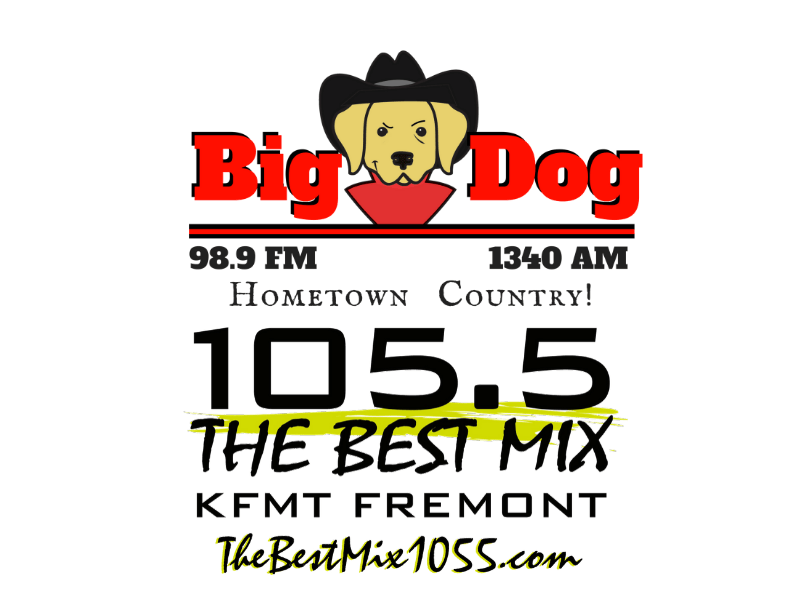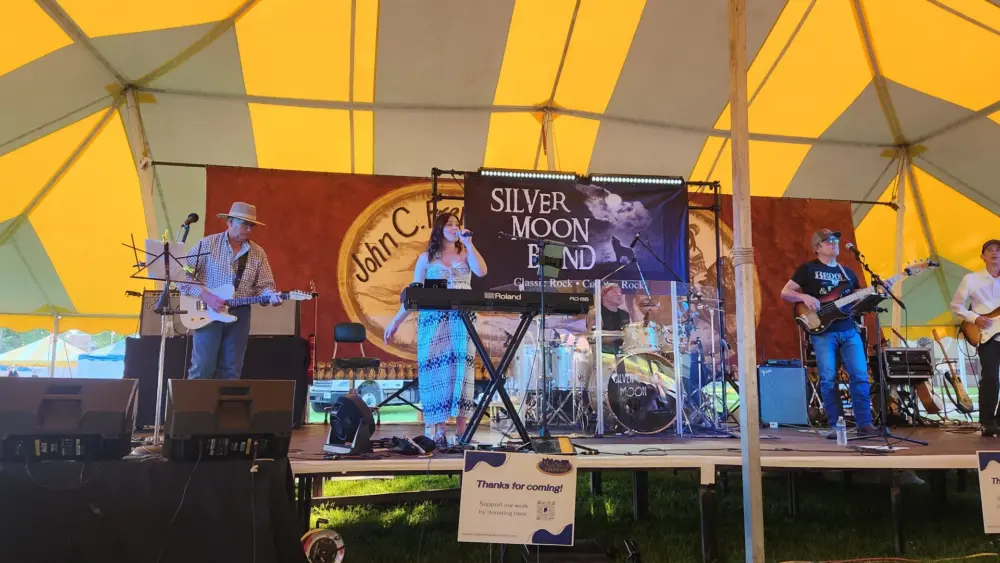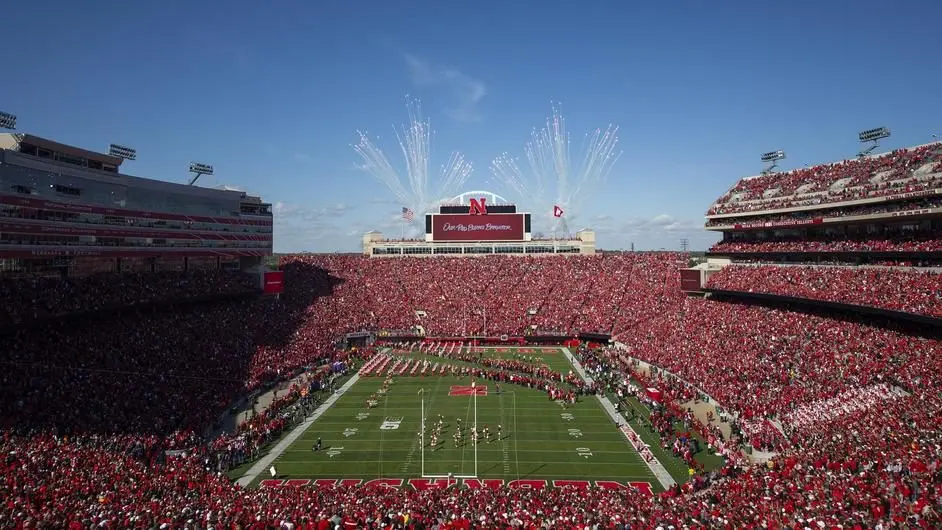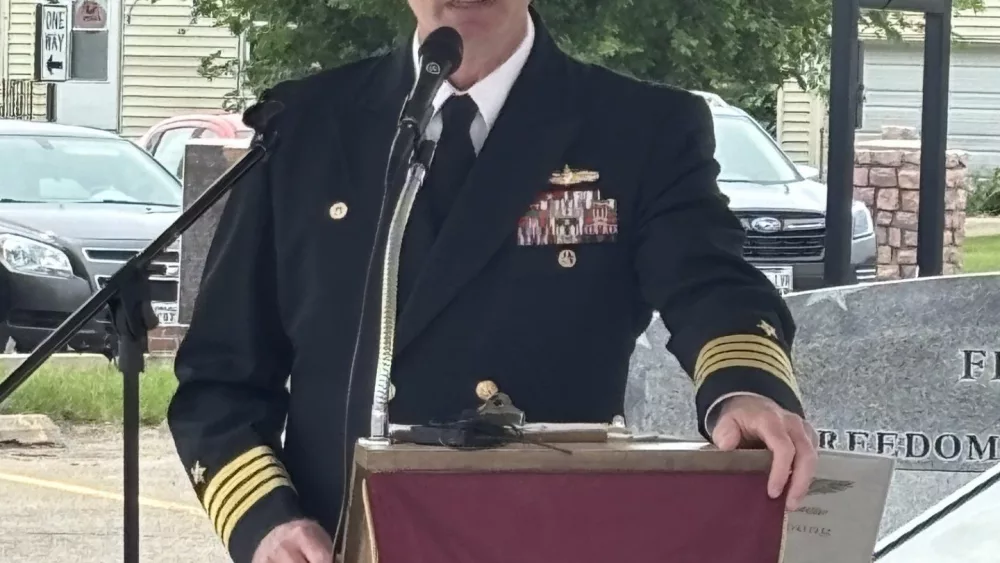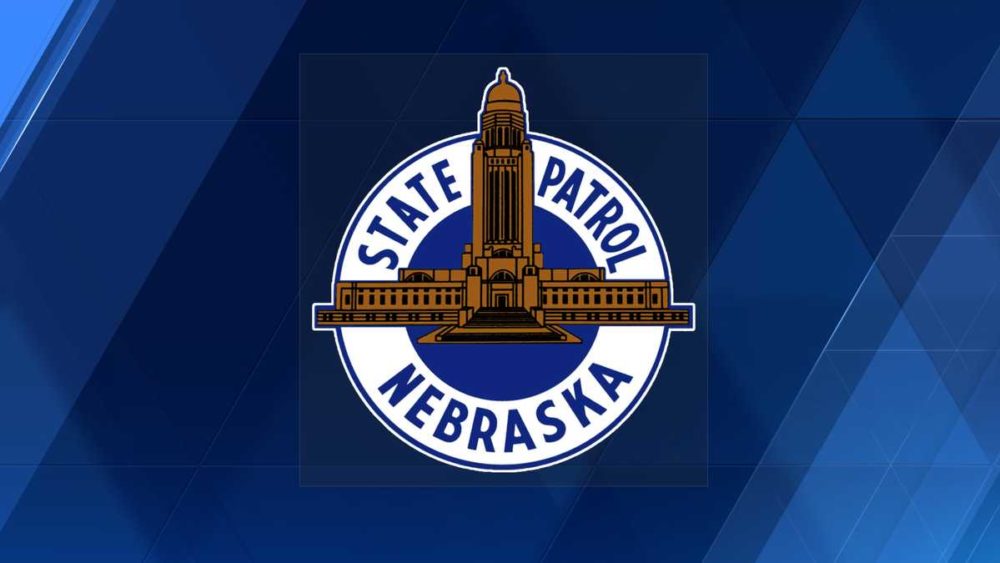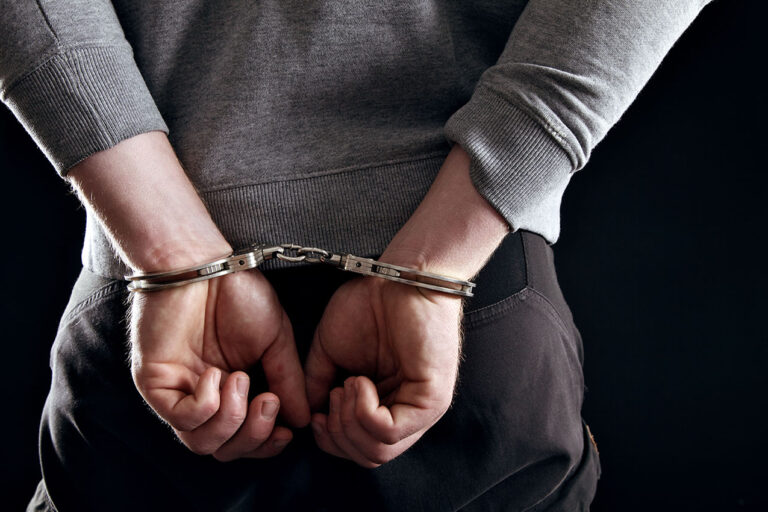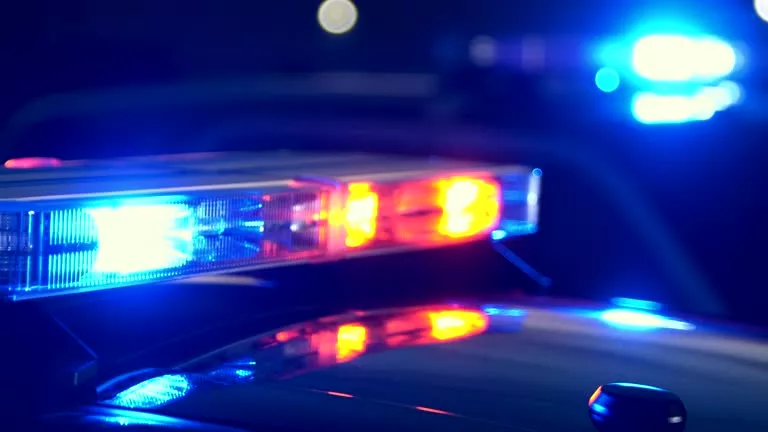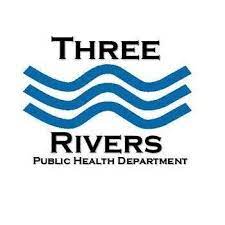
While Nebraska has yet to see the high rates of opioid related overdose deaths that many other parts of the country have been experiencing, Nebraska has seen a 19% increase in the last decade of the number of opioid involved overdose deaths. Nebraska is taking a public health approach by working to get ahead of this problem.
In May 2015 Nebraska passed a law allowing expanded access for administering and dispensing naloxone (aka Narcan). Narcan is a life-saving medicine that can reverse an opioid overdose. Narcan can restore normal breathing to a person whose breathing has slowed or stopped due to opioids, including fentanyl, if given in time. This medicine is a nasal spray and can be safely administered by a layperson with virtually no side effects.
Anyone can carry Narcan, administer it to someone experiencing an overdose, and potentially save a life. Narcan won’t harm an individual if they’re overdosing on drugs other than opioids, so it’s always best to use it if you think there is an overdose. The American Medical Association has endorsed the distribution to anyone at risk of having or witnessing an opioid overdose.
Opioids are medications that act on receptors in the spinal cord and brain to reduce pain intensity and activate reward regions in the brain, causing a euphoric feeling that can lead to misuse and opioid use disorder. Common opioids include prescription medications used to treat pain, such as morphine, codeine, methadone, oxycodone, hydrocodone, fentanyl, and hydromorphone, and illicit drugs like heroin.
Common signs that someone may be experiencing an overdose can include a person who is unresponsive to voice or touch; slow, irregular, or stopped breathing; pin-point sized pupils; and bluish lips, skin, or fingernails.
Who should carry naloxone? If you or someone you know is at increased risk for opioid overdose, especially those struggling with opioid use disorder (OUD), you should carry naloxone and keep it at home. People who are taking high dose opioid medications (greater or equal to 50 morphine milligram equivalents per day) prescribed by a doctor, people who use opioids and benzodiazepines together, and people who use illicit opioids like heroin should all carry naloxone. Because you can’t use naloxone on yourself, let others know you have it in case you experience an opioid overdose.
If you administer Narcan to an individual, it is important to also make sure you call 911 to get them medical help. A person can go back into an overdose after 30 minutes of receiving Narcan. Nebraska has a Good Samaritan Law which states that a person who is gratuitously giving emergency care to a person in need cannot be held civilly liable for their acts or omissions while helping that person. It is important that you stay with that person until emergency help arrives.
To determine the accessibility of Narcan to people in the Three Rivers Public Health Department (3RPHD) jurisdiction (Dodge, Saunders, and Washington Counties), research was conducted to determine which local pharmacies are currently participating in the dispensing of Narcan.
The only pharmacies in the 3RPHD district currently distributing Narcan include: Methodist Fremont Health Pharmacy, Scribner Drugstore and Medicine Man Pharmacy in Wahoo.
After further research, it was discovered that Three Rivers was eligible to join the Stop Overdose Nebraska Program and distribute Narcan. Three Rivers has been accepted into this program and will now be distributing Narcan to individuals in the community who would like to be prepared if they come across someone who may be experiencing an opioid overdose.
Anyone who is a Nebraska resident and is at least 12 years or older is eligible to receive a minimum of two doses of Narcan per day without a prescription at no cost.
Carrying Narcan is as easy as adding it to your first aid kit, so you are prepared in the event of an emergency.
For more information, please contact Coartney DiGiorgio at coartney@3rphd.ne.gov or 402-704-2246.

